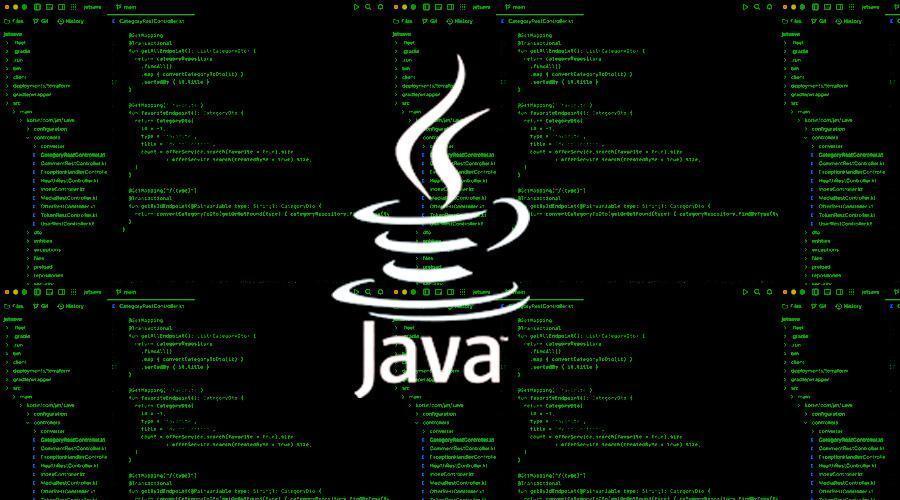Here are 7 Easy Steps to Learn Java Programming Language: in 2024
1. Grasp the Basics: Start with the fundamentals of Java, such as understanding data types, variables, operators, control flow (if-else, loops), and basic syntax. Learn how Java differs from other programming languages, particularly in its object-oriented nature.
2. Write Simple Programs: Begin by writing simple Java programs to solidify your understanding of the basics. Try creating programs that handle basic tasks like calculating the Fibonacci sequence, checking if a number is even or odd, or converting units (e.g., Celsius to Fahrenheit).
3. Explore Object-Oriented Concepts: Java is an object-oriented programming (OOP) language, so it’s crucial to get comfortable with OOP concepts like classes, objects, inheritance, polymorphism, and encapsulation. Practice by creating small programs that implement these concepts, such as a basic inventory system.
4. Build Small Projects: Start working on small projects to apply what you’ve learned. Create a simple calculator, a to-do list app, or even a basic text-based game. These projects will help you understand how to structure your code and utilize Java’s standard libraries.
5. Study Other Java Code: Examine code written by others to see how they structure their programs and solve problems. GitHub is a great resource for this. By studying existing projects, you’ll learn best practices and discover new ways to approach coding challenges.
6. Engage with Java Documentation: Java’s official documentation is a treasure trove of information. Explore it to learn about the various classes and methods available in the Java Development Kit (JDK). This will deepen your understanding and help you write more efficient code.
7. Join Java Communities: Participate in online Java communities like StackOverflow, Java forums, and Reddit’s Java subreddit. Engaging with these communities will give you access to a wealth of knowledge and support from experienced developers.
Work on coding problems, participate in coding challenges, and keep experimenting with new projects. The more you code, the more proficient you’ll become.






